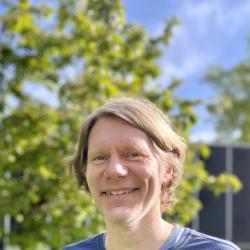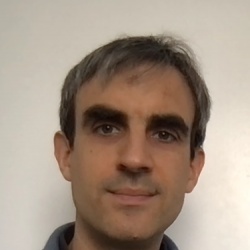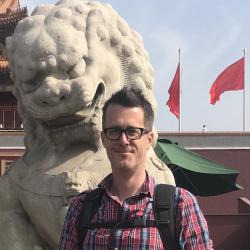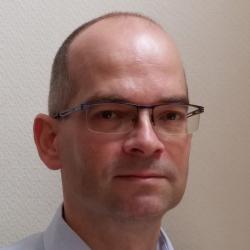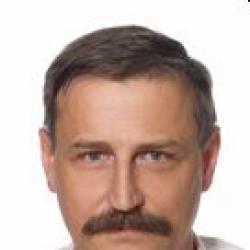Nicolas Bousserez
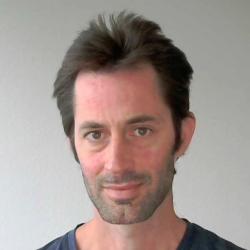
Nicolas Bousserez
Role WP6 Co-leader
Dr Nicolas Bousserez has extensive experience working on large scientific projects with NASA Science teams and Copernicus at ECMWF, supporting research activities for atmospheric trace-gas inversions and data assimilation systems. He is currently working on the design and development of the future Copernicus CO2 service. His areas of expertise include atmospheric chemistry, remote sensing, inverse methods and numerical algorithms for high-dimensional optimisation problems.

